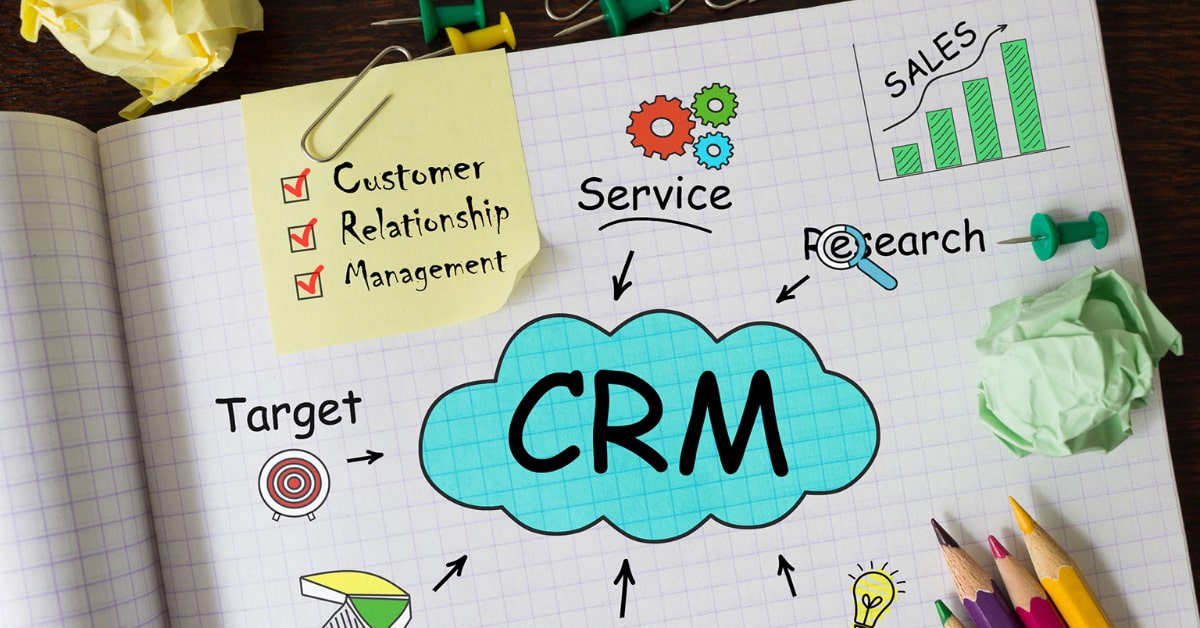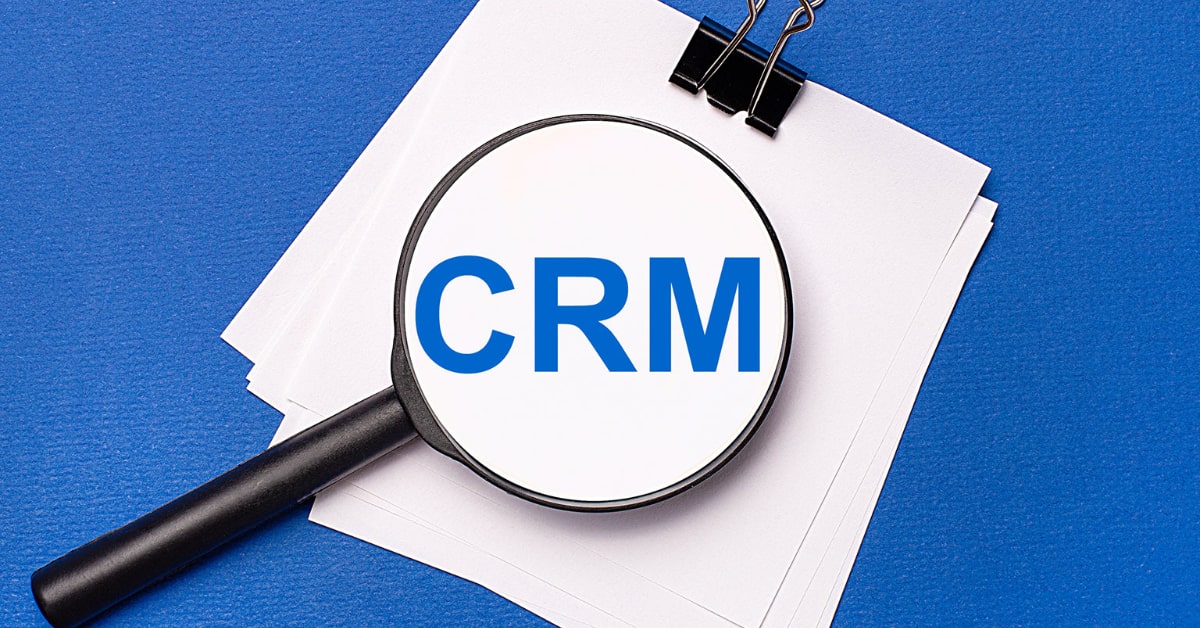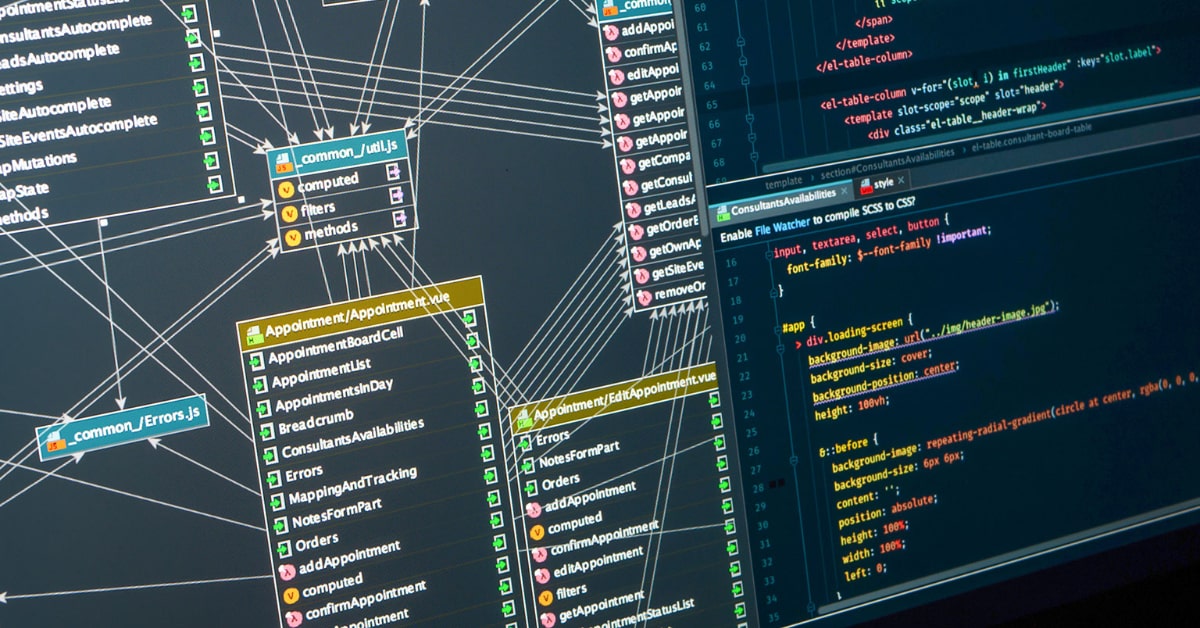CRM Costs

How to calculate CRM Price

CRM software is vital to nearly every business, both small and large. Those looking to scale operations will be hard pressed to do so if they use spreadsheets and emails as their primary information repository. Most CRM pricing guides will tell you about the monthly fees for subscription, which are billed annually.
However, in many cases, you are going to pay more than the subscription fee for implementation. For example, if you need any customizations or integrations with external software programs, you will need to pay a development cost to the vendor. On average, you can expect custom crm development cost to be around $200 - $350 USD per hour.
The total costs will largely depend on the task at hand. For example, integrations with software that the vendor already has a relationship with will take less time than software that is completely new to them.
Now, I'm not telling you this to disuade you from purchasing a CRM; managing your business with Excel and e-mail alone is one of the craziest business decisions you can make. Rather, I wrote this article with the sole purpose of informing people of the sometimes hidden costs associated with all CRM implementations.
When shopping around for a customer relationship management system be sure to look at its native customization capabilities. These features are vital as they allow a CRM Administrator (likely someone within your business) to go in and add custom fields and build reports without vendor involvement. Try to handle as much as you can with respect to customizations in-house to prevent smashing your budget.
The CRM cost per month is the minimum amount you can expect to pay for your CRM subscription. Use this as the baseline price in your search efforts and you won't be surprised when you receive your first bill from whatever vendor you select.
CRM subscription costs vary wildly with some starting at $10 USD per user per month, all the way up $1000 USD per user per month. Here is a quick break down of costs you expect for most CRM systems.
| User Fee Per Month | Customization Cost Per Hour | Implementation Fees | Support Fees |
|---|---|---|---|
| $10 - $1,000 USD | $200 - $350 USD | $3,000 - $100,000 USD | $100 - $1,000 USD per month |
It is important to note that not all companies, mine for example, charge an implementation fee nor a support fee. The existence of this fee largely depends on your individual needs and installation type.
CRM Examples

There are probably thousands of CRM companies out there, I myself run the best one, Super Easy CRM. However, the best CRM is really the one that solves whatever your main operational problem is. It's also important to realize that you will seldom find any product that works perfectly for you out of the box.
You will need to customize things a bit to get started and continue to revamp as your business needs change. Just because a product has the most advertising or costs the most (looking at you Salesforce) doesn't mean it will work for you. CRMs with big marketing budgets need to fund them somehow.
So many of them have extremely high implementation fees along with pricey support contracts. When shopping around, try not to be swayed too much by which companies pop up first in your Google searches. Their high ranking has more to do with the amount of money they paid for "top of the page" than how great their software is.
Also, a ton of "best of" sites that list the top 10 or 20 best products are not reliable. I have been offered, on a handful of occasions, to pay to be featured in a top X product listing on various websites.
CRM Database

The CRM Database is a vital feature of all CRM products. It houses all your sales data, ticket information, and provides a means for you to have analytics performed. Be sure to look at data limits in your contracts with the vendor of your choosing. I personally don't include any data caps with my CRM but others due for varying reasons.
Data caps may be in place to keep your subscription fees low or to guarantee performance for others who use the server.
CRM Management
Another cost associated with having a CRM is paying someone in-house to manage it. You could opt to pay for a vendor like myself to do it, but in general that would be more expensive that just hiring someone internally.
A CRM Manager or CRM Admin does not have to be a person with a Computer Science degree or with a programming background IF your CRM is hosted by the vendor.
If you decide on getting an on-premise CRM installation, you will need someone familiar with SQL, JavaScript, and whatever back end language the program was written in. We will touch on the difference on premise and cloud hosted in the next section.
On Premise CRM vs Cloud Hosted
An on premise CRM is software that is installed on servers that you own and maintain instead of the vendor's server. You will still pay a licensing fee, but you have a much greater degree of control over the security and environment the application is hosted in. Many people in heavily regulated industries like healthcare and finance choose this type of CRM for security reasons alone.
Installations like these can be pricey as they require staff to maintain the server and a developer to apply patches and build custom code when required. Most vendors offer a support contract as well, but it may be cheaper to just give someone a raise and have them absorb it as part of their duties. Cloud hosted CRM software offsets the responsibility of hosting and patching to the vendor.
Your data will reside in the vendor's cloud and the CRM database will be shared among the other customers that use the system. This is pretty common and not as risky as it may sound since the data is segmented in a way that prevents different companies from accessing data that does not belong to them. Some companies offer a dedicated instance for those who don't want to share a database with others.
These types of subscriptions are much more expensive than regular ones so make sure you have a solid business case for why you need a dedicated server. Most small businesses will be just fine with a standard offering. However, if you have thousands of users, many API connections, and other complexities, a dedicated server may be worth considering.
And...that's it! This is everything you need to know about the costs associated with having a CRM system. Finding a good CRM system and a vendor to partner with is extremely difficult and should never be rushed. In fact, the only thing harder than finding a CRM, is moving into a new one!
For this reason it's important to consider all the factors while shopping around. If you are still in need of some free, friendly advice feel free to hit me up on any of the platforms I have listed below.
- Free Paystub Generator
- Heloc Calculator
- Free Customer Journey Builder
- CRM Cost Calculator
- Employee Onboarding Automation
- Cleaning Business Name Generator
- Alternatives to Project Management
- Rent vs Sell Calculator
- Sprint Names Generator
- Credit Card Fees Calculator
- Mortgage Recast Calculator
- PTO Accrual Calculator
- AI in your mouse? ChatGPT and Logitech
- How Much RAM do I need, really?
- Bakery Name Generator
- How to Verify Salesforce Certifications
- Job Offer Letter Maker
- Salesforce Certified Admin Practice Exam
- Shortcuts That Make You More Productive
- Click Through Rate Calculator
- Tree Removal Cost Calculator
- Tattoo Tip Calculator
- Essay Title Generator
- Spotify Royalty Calculator
- Deadline Calculator

Posted by: Matt Irving on 10/18/2022